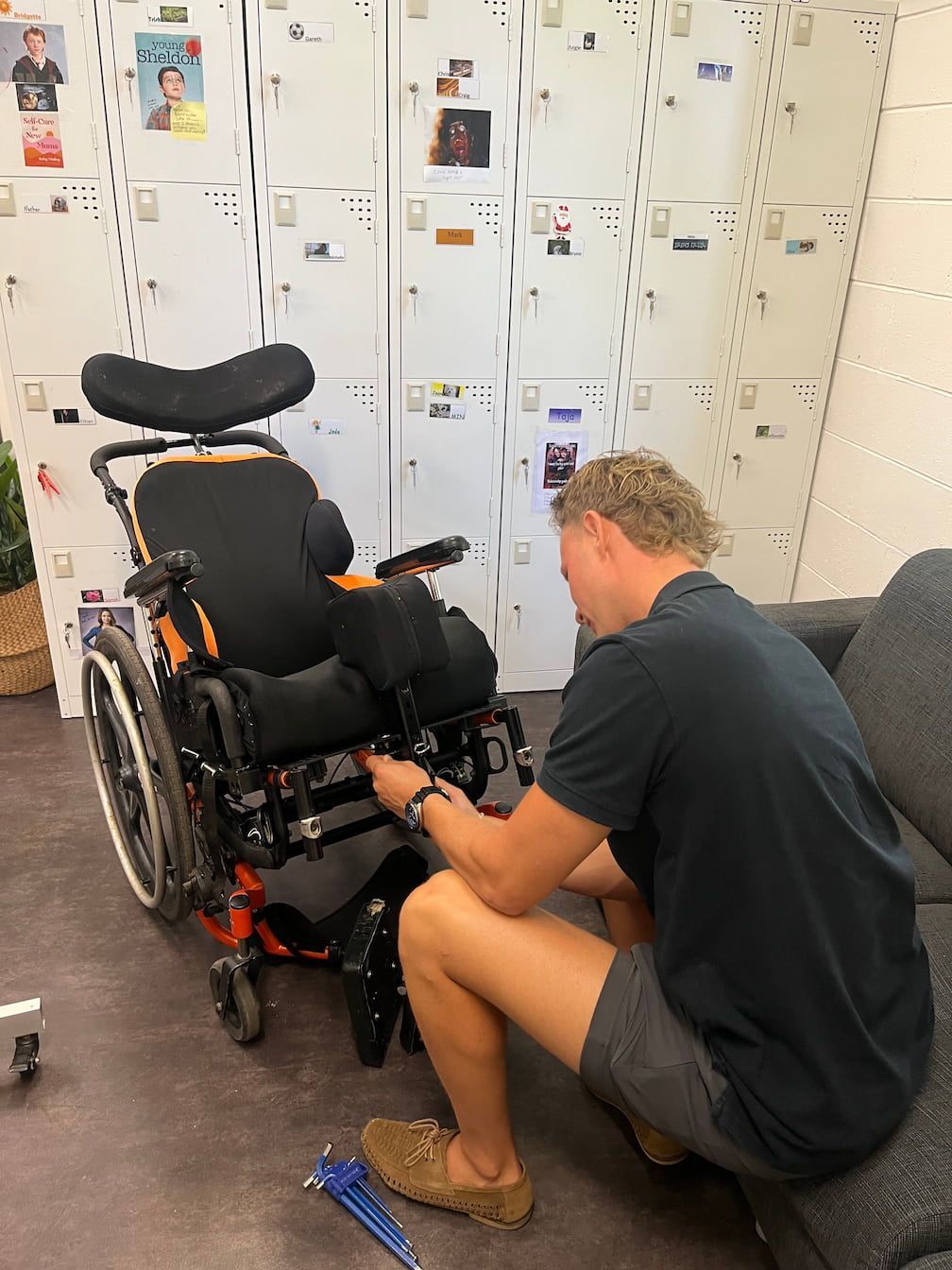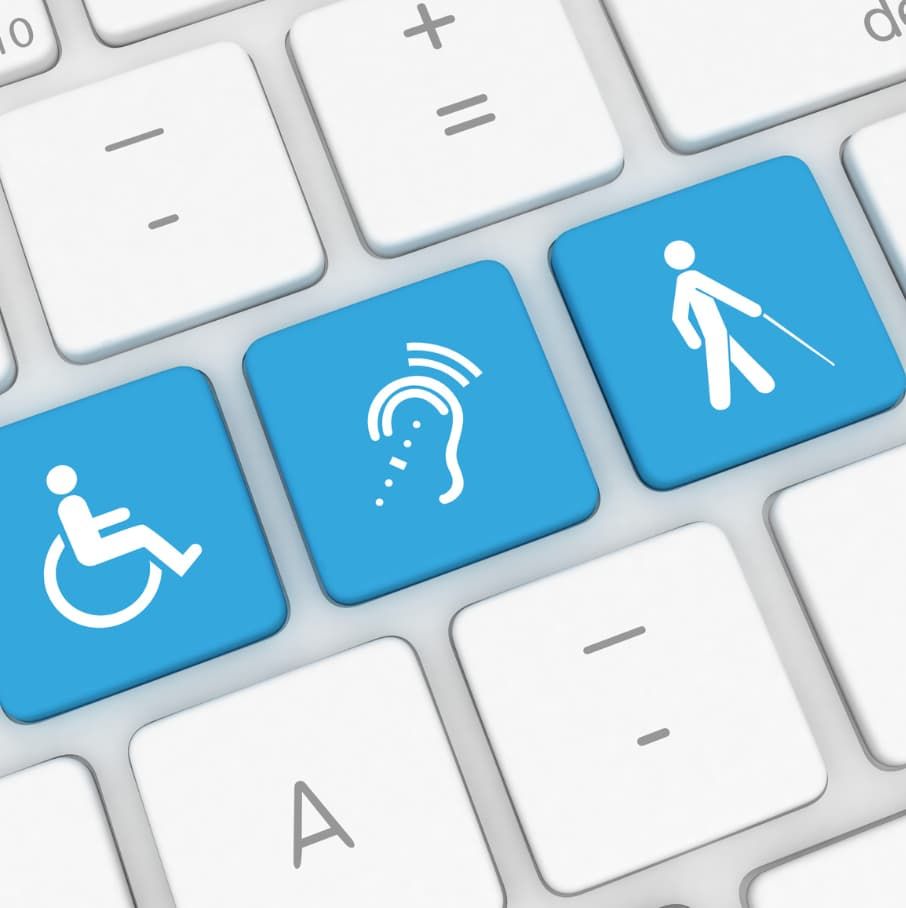The Benefits of Capacity Building
Capacity building is a process that focuses on developing skills, abilities and confidence to enable individuals to lead fulfilling and independent lives. For people living with disabilities or specific needs, capacity building offers tailored support across a range of areas, from daily living and social skills to employment and mobility.
What is Capacity Building?
Capacity building involves tailored training and support to help individuals acquire and enhance skills for greater independence. These skills can span daily living, social interactions, emotional regulation and workplace readiness. By focusing on individual needs and goals, capacity building empowers people to overcome challenges and unlock their full potential.
Key Areas of Capacity Building
1. Daily Living Skills Training
- Focus: Personal care, meal preparation and household management.
- Benefits:
- Enhanced Independence: Participants learn to manage personal hygiene, cook meals and maintain a clean living environment.
- Increased Confidence: Mastering these essential skills boosts self-reliance and reduces dependence on caregivers.
- Improved Quality of Life: Practical skills lead to better daily routines and healthier lifestyle choices.
For example, learning to plan and prepare balanced meals not only promotes better nutrition but also instils a sense of accomplishment.
2. Cognitive Skills Development
- Focus: Memory, attention and problem-solving abilities.
- Benefits:
- Improved Focus and Attention: Training exercises enhance concentration and the ability to complete tasks effectively.
- Better Decision-Making: Problem-solving techniques equip individuals to navigate challenges more effectively.
- Greater Independence: Strengthened cognitive skills foster better management of complex situations, such as budgeting or scheduling.
Cognitive development is particularly valuable for individuals transitioning to independent living or taking on new responsibilities.
3. Social & Communication Skills
- Focus: Strategies to improve communication and build relationships.
- Benefits:
- Enhanced Social Interactions: Participants learn techniques to express themselves clearly and engage in meaningful conversations.
- Stronger Relationships: Better communication fosters healthier connections with family, friends, and colleagues.
- Reduced Isolation: Developing social skills helps individuals participate more actively in community and social activities.
Practical training in this area might include role-playing exercises to practise initiating conversations or resolving conflicts.
4. Emotional Regulation
- Focus: Managing stress, anxiety and emotional challenges.
- Benefits:
- Improved Mental Health: Techniques such as mindfulness and relaxation exercises promote emotional well-being.
- Resilience Building: Individuals learn to cope with stress and adapt to challenging situations.
- Better Relationships: Effective emotional regulation reduces misunderstandings and enhances social interactions.
For example, participants might practise strategies to manage anxiety in public settings or during work-related stress.
5. Mobility & Functional Skills
- Focus: Physical abilities to enhance movement and coordination.
- Benefits:
- Increased Physical Independence: Mobility training helps individuals navigate their surroundings confidently.
- Improved Safety: Training reduces the risk of falls or accidents by enhancing balance and coordination.
- Greater Access to Activities: Enhanced mobility enables participation in sports, recreation, and community events.
Participants may work on using walking aids, practising safe transfers or strengthening specific muscle groups.
6. Assistive Technology Training
- Focus: Training in mobility aids, adaptive equipment and assistive devices.
- Benefits:
- Greater Accessibility: Learning to use devices such as screen readers or mobility scooters expands opportunities.
- Improved Efficiency: Assistive technology simplifies tasks, from household chores to workplace activities.
- Enhanced Confidence: Mastery of adaptive tools fosters independence in daily life.
Training may include tutorials on using smartphones with accessibility features or practising with powered wheelchairs.
7. Workplace Skills Training
- Focus: Time management, organisation and employment skills.
- Benefits:
- Increased Employability: Participants develop the skills necessary to succeed in a professional environment.
- Boosted Productivity: Time management training helps individuals complete tasks efficiently.
- Enhanced Job Retention: Organisational strategies support long-term success in the workplace.
Real-life scenarios, such as preparing for job interviews or creating task schedules, form a crucial part of workplace training.
8. Community Access Support
- Focus: Navigating public transport and engaging in community activities.
- Benefits:
- Enhanced Social Inclusion: Training fosters the confidence to participate in community events.
- Increased Independence: Skills in using public transport reduce reliance on others for mobility.
- Greater Life Satisfaction: Access to new activities and social opportunities enriches daily life.
Practical training might include planning travel routes or practising ticket purchases.
Capacity Building for Autism Spectrum Disorder (ASD)
Capacity building plays a crucial role in supporting individuals with ASD. Tailored approaches address their unique needs and help them thrive in everyday life.
Life Skills & Routine Development
- Focus: Establishing predictable routines and mastering daily tasks.
- Benefits:
- Provides a sense of structure and security.
- Encourages independence in personal care, cooking, and cleaning.
- Reduces anxiety by creating clear expectations and steps.
For instance, visual schedules or checklists can help individuals with ASD navigate daily tasks with ease.
Social & Communication Skills
- Focus: Building confidence in social interactions.
- Benefits:
- Enables clearer self-expression and understanding of others.
- Promotes successful engagement in friendships, family relationships, and workplace interactions.
- Reduces feelings of social isolation.
Role-playing scenarios and visual aids often support this learning process.
Employment Skills
- Focus: Developing workplace readiness and essential job skills.
- Benefits:
- Enhances the ability to follow instructions and meet deadlines.
- Builds resilience in adapting to workplace challenges.
- Opens pathways to meaningful employment and financial independence.
Training may include practising interview techniques or developing organisational systems.
Emotional & Behavioural Regulation
- Focus: Managing sensory sensitivities, stress, and anxiety.
- Benefits:
- Reduces emotional outbursts and promotes calmness.
- Fosters better relationships with peers, family, and co-workers.
- Improves overall mental health and quality of life.
Customised strategies, such as creating sensory-friendly environments, are often a key part of capacity building for ASD.
The Outcomes of Capacity Building
The outcomes of capacity building extend far beyond skill acquisition. Participants experience improved self-confidence, a greater sense of independence and enhanced quality of life.
They are better equipped to face challenges, engage with their communities, and pursue their goals, whether personal, social or professional.
Conclusion
Capacity building is an essential process that empowers individuals to lead more independent and fulfilling lives. By focusing on key areas like daily living, cognitive skills, emotional regulation and workplace training, it equips participants with the tools they need to succeed.
Whether you're looking to enhance daily skills or build confidence for the workplace, get in touch with Life Solutions OT on the Gold Coast.
Written By Alex Kiosses
Alex is a driven and dedicated OT with a diverse skill set acquired through a broad range of experience working within the community. His passion lies in assisting individuals by enhancing their access to environments, allowing them to enjoy the things they love and find important.










